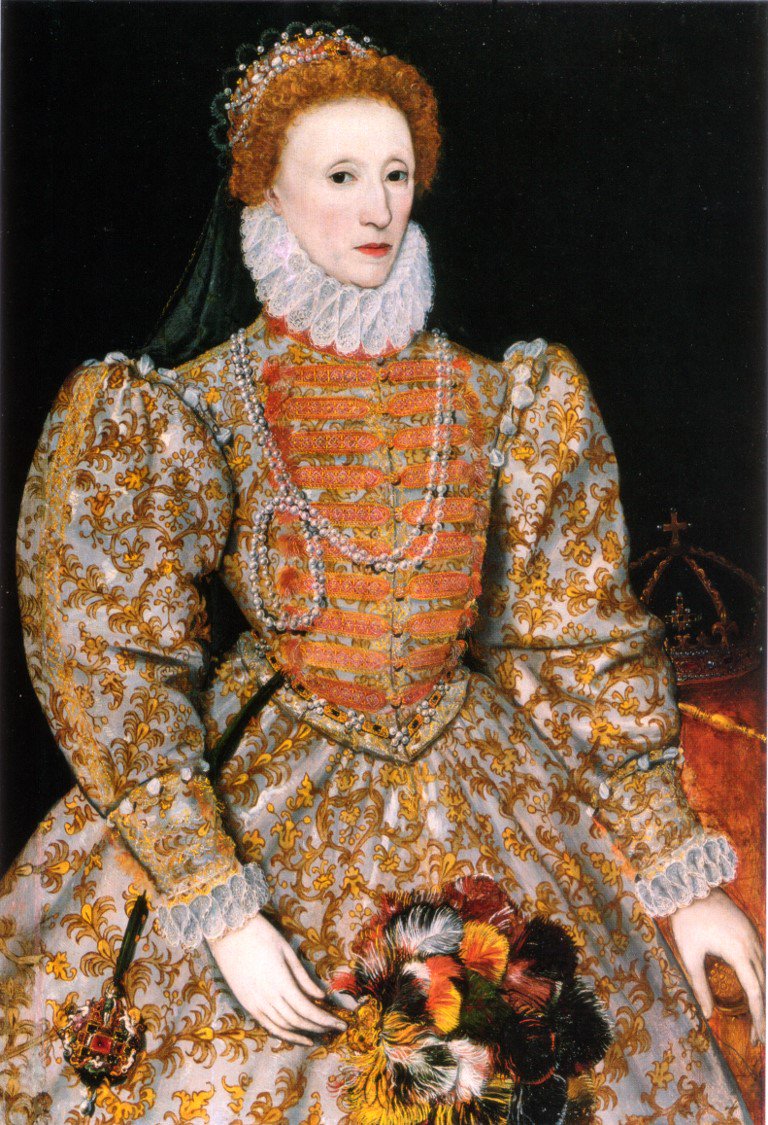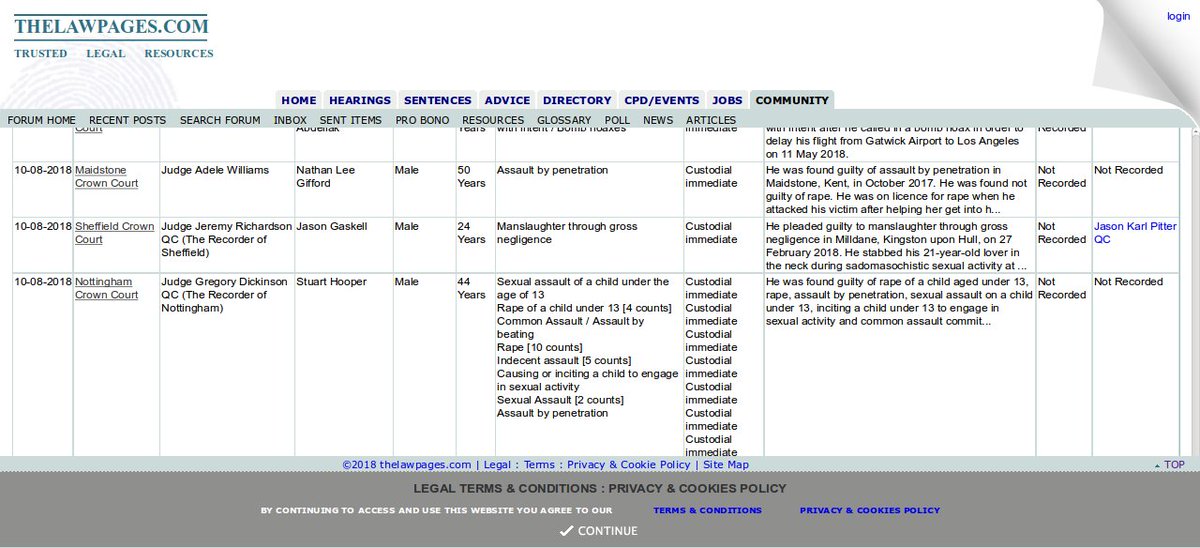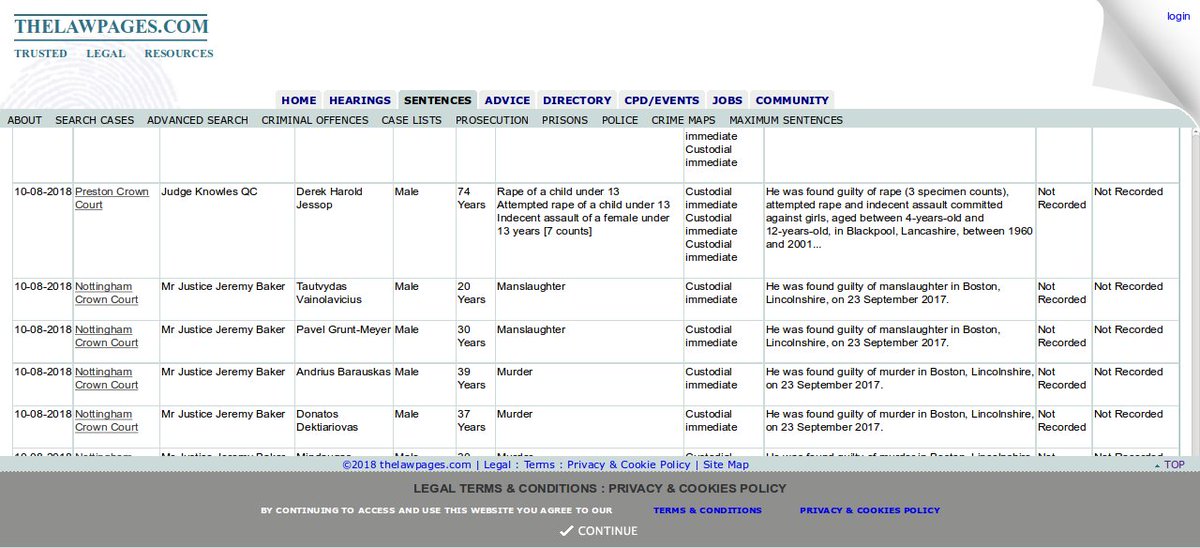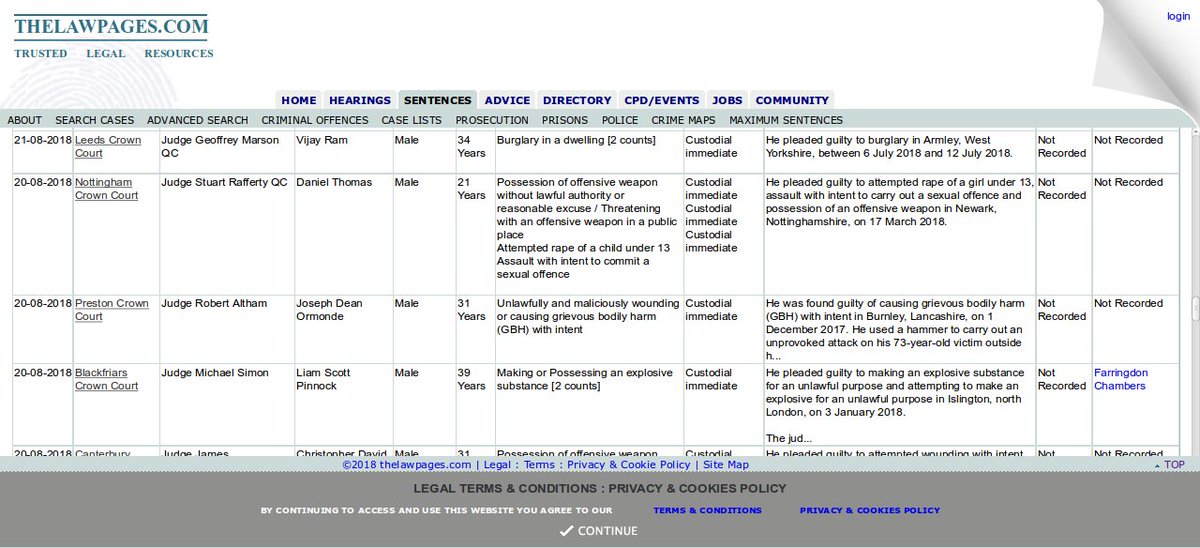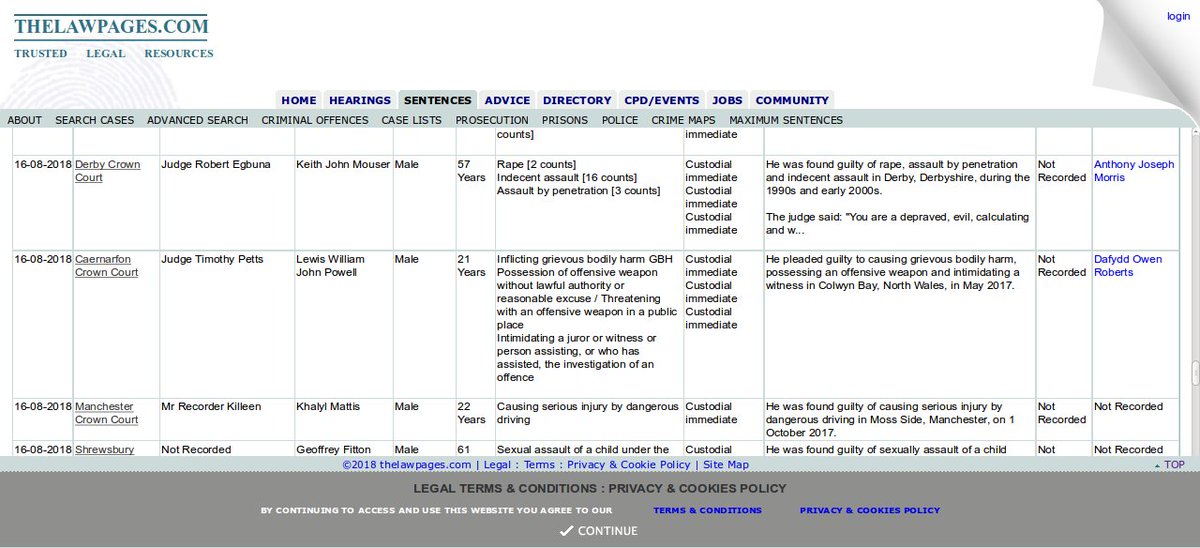What we now call 'queen' bees-the main female reproductive honeybees-were erroneously called 'kings' for nearly 2,000 years.
Why?
Let's explore the history of bees!
For instance, in a lot of societies it was very common to call the 'workers' slaves because slavery was common at the time.
You can read it here:
classics.mit.edu/Aristotle/hist…
classics.mit.edu/Aristotle/hist…
I'd recommend reading the whole thing...it's really interesting for a number of reasons.
...but we now know the queens are female.
Why didn't Aristotle?
He was...uh, a little sexist.
Which was, like, common at the time.
en.wikipedia.org/wiki/Aristotle…
He thought of reproduction as a masculine activity, and thought of women as property.
He...just wasn't very objective about this
These ideas of women in his circle were so ingrained that a female ruler literally wouldn't compute.
Beekeepers *knew* the queens were female; they were observed laying eggs...but their exact role was controversial outside of them.
Again, this is from Aristotle's work.
What changed in Western Society to get this idea accepted?
Charles Butler (1560-1647) published The Feminine Monarchy in 1609, and had lived under Queen Elizabeth's reign for most of his life.
There had been female rulers before, but not at the exact point where people were rethinking their assumptions.
That substitution? He called 'king bees' 'queen bees'...and it stuck.
Society was simply primed to accept the idea of a female ruler.
So...the term 'queen' actually had to be popularized, but we also had to *prove* that queens were female, that drones were males of the same species...and that the two bumped uglies.
How did *that* happen?
It's been scanned, digitized, and it's online in all of its old-timey glory!
books.google.com/books?id=f5tbA…
The Anglo-Saxons called her 'the bee mother' 500 years prior, and Luis Mendez de Torres pointed this out 20 years before Butler.
Just a few examples of the misconceptions...
2.) Aristotle thought that drones were parasitic bees of another species because he never observed them working
3.) Aristotle thought that bees collected their larvae which grew on trees
These ideas were hotly debated
So from 350 BC to 1737, we had *no idea* how bees actually did the nasty.
If you can find a digitized copy, tag us, and we'll happily retweet/incorporate it here.
He kept virgin queens and drones in a container, and his assistant observed them mating but never laying eggs.
It wasn't until 1806 that we knew, for sure, that honeybees had sex in order to reproduce.
A person's social environment changes how they view the world, influences the questions they ask, and how they interpret their observations
The story of how we discovered the honeybee has sex is a very good demonstration
The social environment of the time kept the society from accepting some rather obvious observations.
We need it so we can change attitudes, and adopt new findings into usable technologies.





